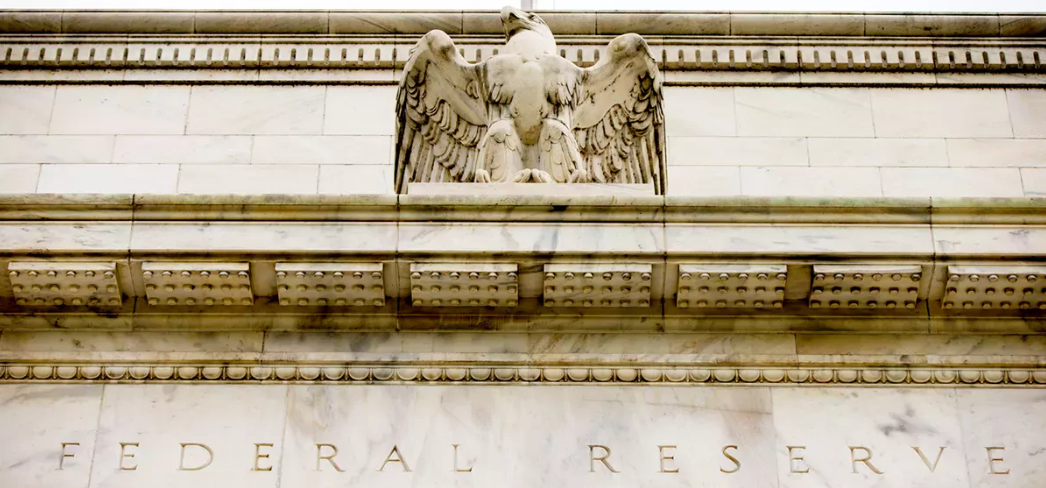
Audrey Cauchet
Head of Sustainability
Sustainability has become a major issue for companies of all sizes. In Switzerland, where SMEs account for 99.7% of the economy, the question is how to integrate sustainability into their strategy without drowning in regulatory constraints and with limited human resources.

According to the Swiss Federal Statistical Office, SMEs accounted for 99.7% of the Swiss economy at the end of 2022, and 90% of them have fewer than ten employees.
While European directives such as the CSRD (Corporate Sustainability Reporting Directive) and the CS3D (Corporate Sustainability Due Diligence Directive) are ratcheting up the regulatory pressure, what attitude should Swiss SMEs adopt if they are not yet directly impacted by these legislative obligations?
As the saying goes, a stitch in time saves nine. Knowing how to anticipate the inevitable means you can prepare in the best possible conditions.
Admittedly, laws are often perceived as constraints, but they are a necessary evil to set a framework, demand a duty of transparency, and re-establish a form of healthy and fair competition by preventing greenwashing.
Far from being a constraint, sustainability can bring many advantages and opportunities. So how do you go about it, and where to start? Here are a few key points based on practical experience.
The essential starting point is to know why the company wants to implement a sustainability strategy. With the pressure of regulation, SMEs may be tempted to throw themselves headlong into drawing up an action plan without knowing whether it meets the expectations of their internal and external stakeholders, and then run the risk of burning out if priorities are not set.
Implementing a sustainability strategy takes time and thought. It is not a sprint but a marathon. It must be aligned with the company’s values / objectives and consider the expectations of its stakeholders. The Executive Committee, and especially the Chief Executive Officer, play an essential role in anchoring sustainability in the company’s strategy and leading the way. For SMEs responding to invitations for public tender (and even private) contracts, the non-financial component is becoming an increasingly important part of the selection criteria. For the same service/product and the same cost, the company able to demonstrate that it cares about social, environmental and governance issues maximises its chances of winning the tender.
Once this question has been resolved, the problem arises of time and resources, both human and financial. SMEs rarely have the luxury of hiring a Sustainability Officer. Failing that, the Chief Executive Officer tries to find time in an already very busy schedule, supported by volunteer employees in the best of cases. But this solution, while laudable, is doomed to failure in the long term. So how do you go about it? Don’t hesitate to network, make use of existing tools and become a member of professional associations. A diagnosis by a third party may also be useful. The Swiss RPC guide to sustainability, to be published at the end of 2024, can also help you structure your approach.
Finally, support the change process. Sustainability is a much talked-about subject, but that doesn’t mean that your employees, suppliers, customers, etc. are comfortable with it. Offering in-house training and awareness-raising activities is the first step in bringing about a successful cultural change and ensuring a smooth transition to the implementation of your action plan. Involving your value chain could also be an important step, but first things first!
Strong convictions, pragmatism, authenticity and resilience are undeniable assets. Before talking about a company’s social and environmental challenges, the latter must first and foremost ensure its financial survival. This is not incompatible, but it means that the agenda of priorities can be regularly reviewed, requiring patience and flexibility…
The path is often long and tortuous, but that’s what makes it such an exciting challenge. By committing themselves proactively, SMEs can not only contribute to a more sustainable world, but also strengthen their competitiveness and ensure their long-term survival.










